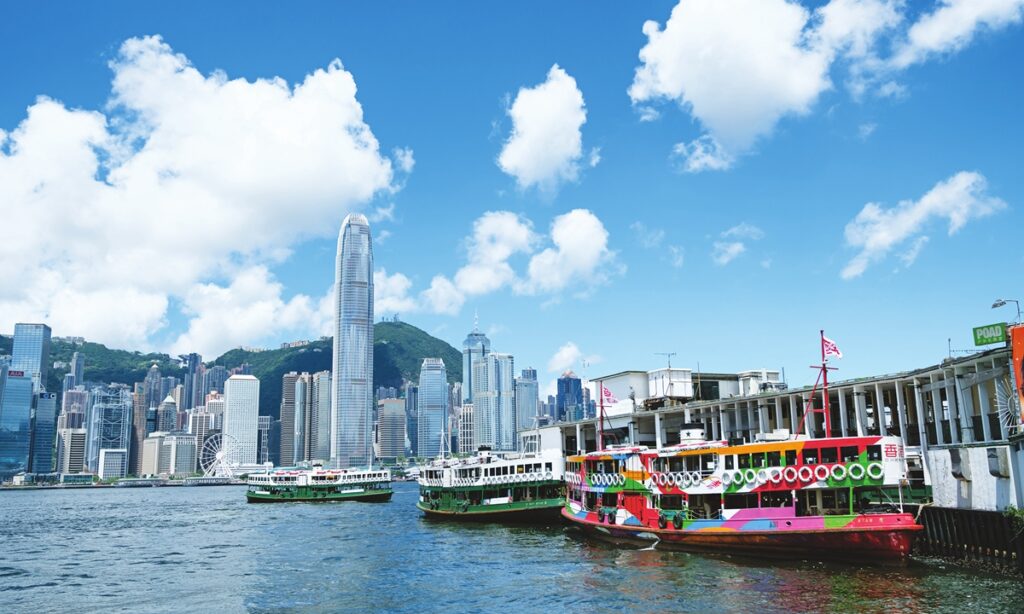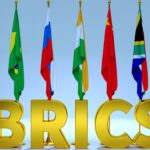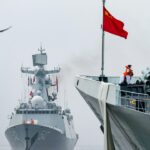Hong Kong Special Administrative Region (HKSAR) Chief Executive John Lee Ka-chiu started his visit to Singapore, Indonesia and Malaysia on Sunday, seeking more cooperation opportunities with these three ASEAN members while winning their support for Hong Kong’s accession to the Regional Comprehensive Economic Partnership (RCEP).
Lee said that he aims to seek and consolidate support from the three ASEAN members, as the HKSAR’s accession to the pact will mutually benefit the development of RCEP economies and the city, according to a statement from the HKSAR government.
Lee said on his Sina Weibo account that he will introduce Hong Kong’s unique advantages of being backed by the motherland and connected to the world under the One Country, Two Systems principle.
He will encourage more ASEAN enterprises to expand operations in Hong Kong and explore the business potential of the Guangdong-Hong Kong-Macao-Greater Bay Area (GBA) by utilizing Hong Kong’s professional services and financing platforms.
ASEAN is Hong Kong’s second-largest trading partner and the world’s fifth-biggest economy with huge development potential and unlimited business opportunities, Lee noted, adding that Hong Kong already has a free trade agreement with the bloc. Asia and ASEAN will be the driving forces for economic development amid the eastward shifting of the global economy.
Lee was accompanied by 30 representatives of various sectors from finance to logistics, along with five government officials.
Hong Kong’s potential accession to the RCEP will boost regional trade and investment flows, experts said. The unique advantages of being supported by the motherland will amplify the cooperation between China and RCEP members, providing another boost for the development of the GBA.
“Hong Kong will be able to further promote regional connectivity and trade and investment flows for the RCEP members as a free trade port on top of its relatively central location,” Zhou Shixin, director of the Institute for Foreign Policy Studies at the Shanghai Institute for International Studies, told the Global Times on Monday.
Experts also see cooperation potential between the HKSAR and each country. For instance, the similarities between Singapore and the HKSAR will benefit local enterprises and investors, while Singapore will also compete with Hong Kong in a healthy way after Hong Kong’s entry into the RCEP.
As for Indonesia, which is the rotating ASEAN chair in 2023, Zhou expects more cooperation agreements to be reached during Lee’s visit. In terms of Malaysia, Zhou said that more collaboration may be reached in areas such as the semiconductor and oil sectors.
Hong Kong’s entry into the RCEP will boost the GBA’s development, Liang Haiming, dean of Hainan University’s Belt and Road Research Institute, told the Global Times on Monday. “The GBA could become a regional yuan settlement center to facilitate trade among RCEP members.”
The HKSAR already carries out 70 percent of its goods trade with RCEP members, according to a report by the Hong Kong Trade Development Council in May.
The RCEP entered into force in the Philippines on June 2, signifying that the pact is effective for all 15 members, a new stage of the full implementation of the free trade area with the largest population, and the largest economic and trade volume, in the world.
(Global Times)




